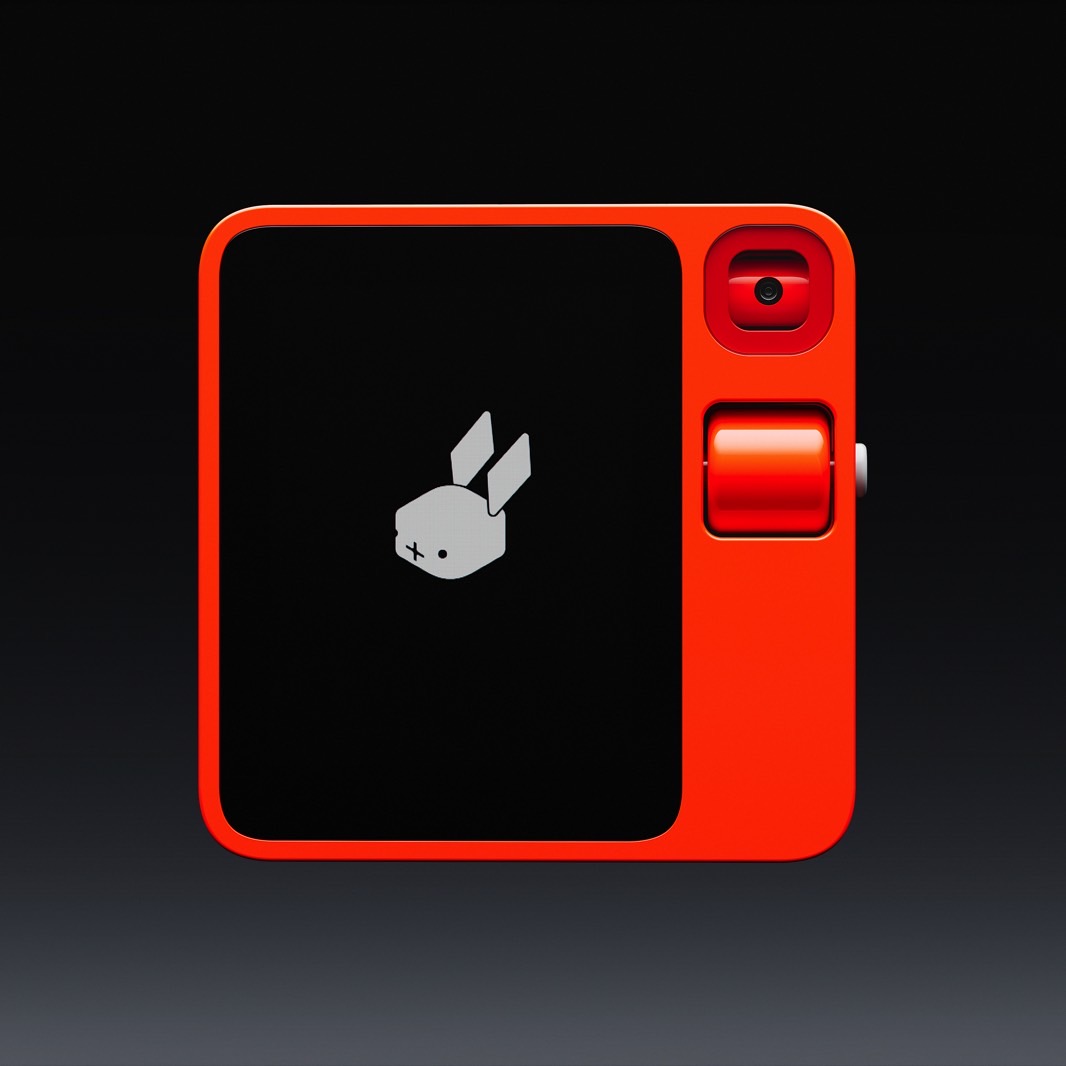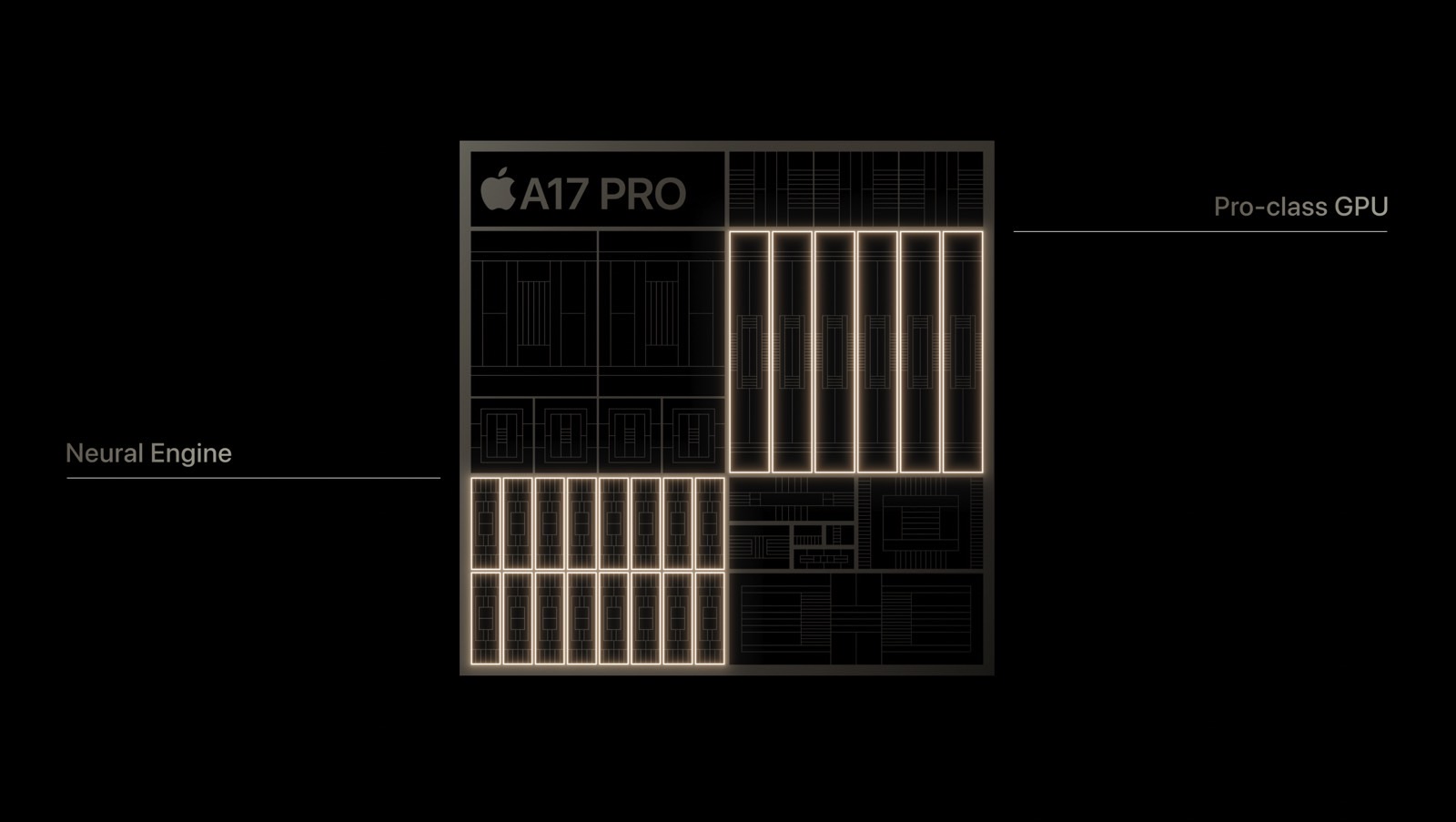After I bought the iPhone 14 Pro with its then-exclusive A16 Bionic chip, I realized I could have saved money and gone for the regular iPhone 14, which rocked a version of a then-one-year-old A15. I said at the time that smartphone performance has reached a point where I don’t need the absolute best iPhone chip Apple can manufacture. I won’t be using it at its full potential.
A year later, I was more excited about the battery gains the A17 chip would deliver than the speed gains. The A17 Pro turned out to be a much bigger upgrade than expected, especially in terms of graphics performance. The Pros are the only iPhones that can play console-grade games. The A17 Pro also produces much more heat than the others.
But most people will not notice the speed gains. And the iPhone 15 Pro isn’t that much speedier than the Galaxy S24 Ultra.
With all that in mind, the A18 speed gains are the least of my worries for the iPhone 16 upgrade that I’ll get this year. But just when I thought I’d no longer care about my next-gen iPhone processor, they pulled me back in. By then, I mean the iPhone 16 rumors that claim the A18 chips will get a big upgrade for AI. Now, that’s something I can get behind.
I’ll buy the iPhone 16 for its AI
While I skipped the iPhone 15 upgrade, I’m eying an iPhone 16 purchase. I’ve been considering the iPhone 16 Plus as of late, which was a surprise to me. Battery life, it turns out, is important for me. And the previous Plus models got stellar reviews. I also said I’d be willing to pay more for the iPhone 16 Pro or 16 Pro Max if they get exclusive AI features that I like.
That is generative AI, of course. Because the iPhone has had built-in AI for years. They were not the ChatGPT-kind, which Apple is currently working on. As we speak, Apple has published at least three interesting AI papers.
One of them details ways of running on-device efficiently using an iPhone’s current RAM and storage specs. The other two are the Apple MGIE and Keyframer generative AI tools that we talked about recently.

AI is all the rage right now, and we’re slowly moving towards personal AI. That’s AI that knows more about you and can assist you better. AI that lets you manage your devices. The Rabbit r1 device is one such example. Google has Gemini, and Microsoft is turning Copilot into a personal AI. Then, there’s OpenAI, which is working on making ChatGPT behave more like a personal AI.
Then there’s Samsung, which made AI the biggest selling point of the Galaxy S24. And the 2024 Galaxy S flagships are selling very well.
All that context is necessary to understand my excitement about a rumor that says the A18 chips that will power the iPhone 16 models will feature significant increases in cores dedicated to processing AI features.
The A18 Neural Engine upgrade
That’s the built-in Neural Engine you’d find on A-series and M-series chips. According to Economic Daily News, Apple is working on big upgrades for the A18 and M4 chips that will power iPhone, iPad, and MacBook in the next years.
The report specifically mentions the significant increase in AI computing cores for the NPU. And the reason Apple would want to do that is AI. Apple likely wants to offer fast AI experiences on the iPhone, including as much on-device AI as possible.
On-device AI is also a big emerging trend in generative AI development. But you need high-end specs for that. Even the Galaxy S24 can only perform a few of its Galaxy AI tricks on-device.
Apple, of course, is known for promoting on-device computing as much as possible as a means to improve user privacy. And privacy is a big deal in generative AI.
The report doesn’t provide actual details about the A18 and A18 Pro chips that will equip the iPhone 16/Plus and iPhone 16 Pro/Max, respectively. The report mostly focuses on what TSMC is doing to serve Apple’s needs. The Taiwanese chip giant will manufacture the A18 and M4 chips in the coming years.

But MacRumors points out that Apple has been steadily increasing the performance of its Neural Engine in recent years. However, the last time Apple increased the number of cores of its Neural Engine was in 2020, when the iPhone 12 dropped. That model features a 16-core NPU, just like its successors. The iPhone 13, 14, and 15 will offer faster performance, of course, but not a dramatic upgrade in cores.
Similarly, Apple’s M-series Mac features 16-core Neural Engines. The Mac Studio and Mac Pro are exceptions with their 32-core Neural Engines. Will the A18 and A18 Pro pack 32-core Neural Engines? The report doesn’t say. But that’s what would amount to a significant upgrade.
Speculation aside, there’s no question that Apple will add generative AI features to the iPhone 16 series. Tim Cook practically confirmed it during Apple’s Q4 2024 earnings call. The CEO teased AI announcements for later this year.
WWDC 2024 can’t come soon enough. While the event will not bring us the A18 chips, Apple’s AI demos will inform us about the kind of artificial intelligence experiences Apple wants to deliver. And what sort of hardware can run them?








